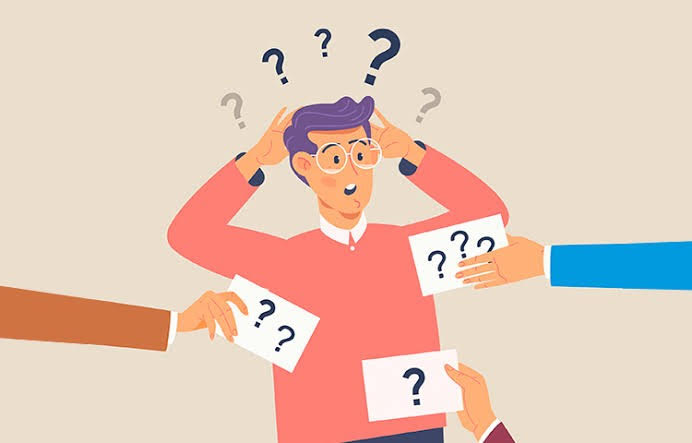Choice Overload: Why everything was better when everything was worse
- medpulsemag
- Dec 20, 2020
- 2 min read
Yasmine Labana
"When people are overwhelmed by choice and when they are anxious about it, they often turn to denial, ignorance and willful blindness"
-Renata Salecl
The idea that the more options we are offered, the more freedom and control we have and the more satisfied we are about our decisions is a popular one, but in his book (The paradox of choice) psychologist Barry Schwartz argues that more doesn't always mean better, but on the contrary more can be exhausting.
There are simply too much to do, too many concepts to grasp, books to read and places to be, skills to master and hundreds of career pathways to choose from. So we might end up choosing nothing. Is it procrastination or over choice?
The term choice overload or overchoice was originally introduced by economists to describe what consumers faced when offered a large variety of similar products, now largely applies to any domain offering too many options from food, entertainment and dressing to career and even love and marriage.
It all began in the 2000, when psychologists Sheena Iyengar and Mark Lepper published astonishing results from a study they conducted in a jam market. On one day, they displayed 24 variety of gourmet jam, on another day they displayed only six.
They found that although more people were attracted to the larger variety of jam, the fewer consumers attracted to the six types of jam were 10 times more likely to actually purchase it.
Schwartz explains this paradox by what's called 'analysis paralysis', when we are faced with too many options we feel pressured to make the perfect choice so the process of weighing our options consumes time and can lead to mental fatigue and paralysis.
Opportunity costs also plays a part here, because even if we overcome this paralysis we would be haunted by the idea of (what could have been if we did choose something different).
Escalation of expectation triggered by the plethora of choices lead to people getting constantly disappointed at their life experiences which activates a circle of regret, self -blame and shame. Schwartz speculates that this circle is a major contributor to the clinical depression explosion in the industrial societies.
When it comes to love and relationships, while online platforms have made it easier for people to find like-minded partners, it also created what is called a rejection mind-set caused by hundreds of potential partners out there and the notion that grass is always greener.
Now I'm definitely not saying that personal choice is bad news, I would have never wanted to be born back in the days when people had to settle for so much. Having options has made our decisions better but it might have left us feeling worse, so I'm simply exploring the darker side of having too much of it in every aspect that it gets overwhelming.
So what can be done? Well, it's routine and priority. Routine helps eliminate the burden of small choices we need to make every day. While priority can save our mental energy for choices that actually matters. Also setting realistic expectations prevent repeated disappointments.
Finally, Schwartz argues that if we think of each decision as irreversible we would spare ourselves regrets and the agony of what could have been if I had made a different choice.






Comments